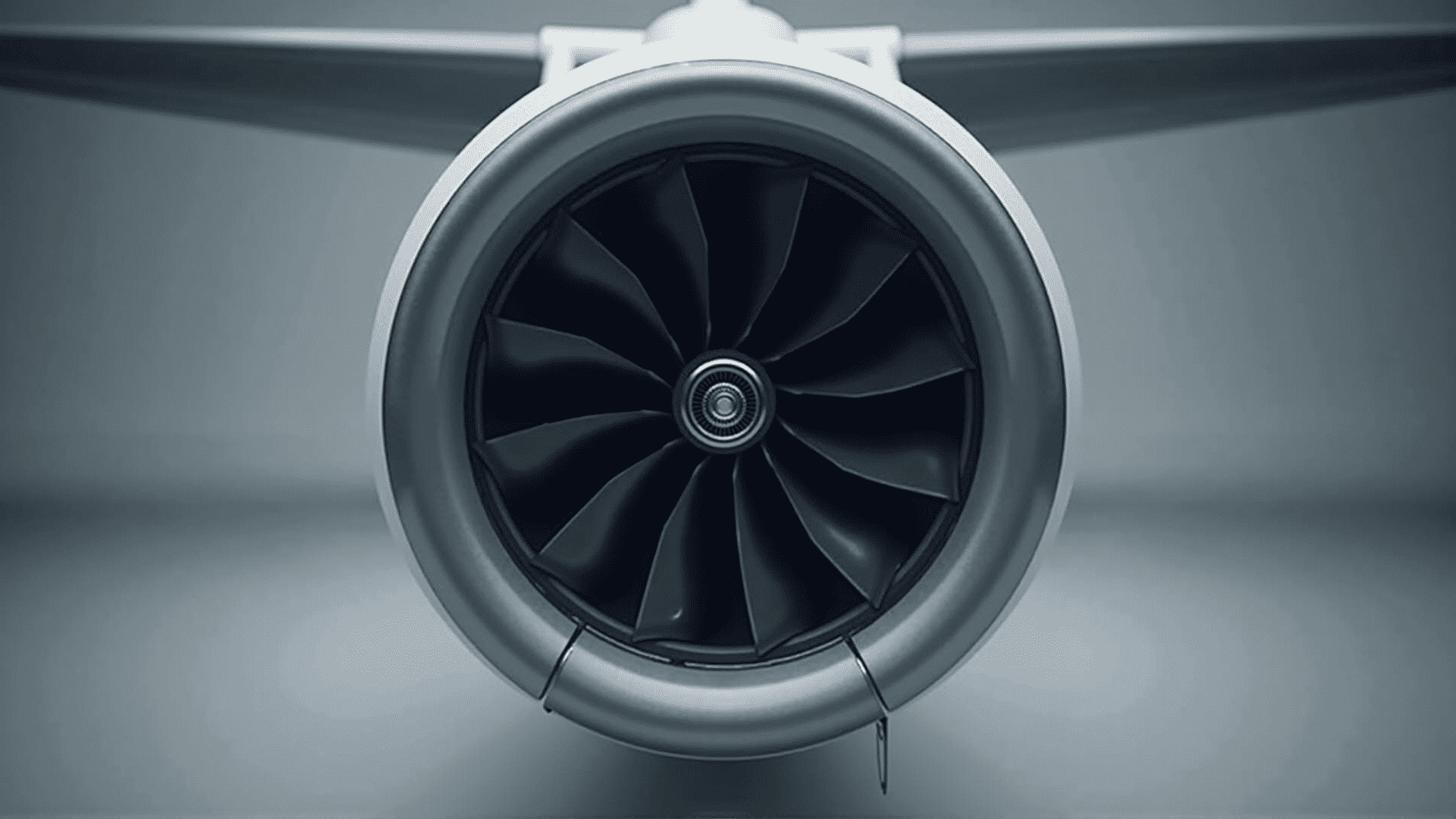In recent years, the world of air travel has witnessed groundbreaking advancements owing to the evolution of jet engine technology. These modern inventions promise to change the very nature of flight, enhancing speed, bolstering efficiency, and importantly, paving the way for more sustainable aviation practices.
One of the most notable advancements in jet engine design is the development of geared turbofan engines. By incorporating a gearbox that allows the fan to rotate at a different speed than the low-pressure compressor and turbine, these engines achieve greater efficiency and reduced noise. This cutting-edge technology not only reduces fuel consumption but also diminishes the environmental impact, addressing a critical need in an era focused on reducing carbon footprints.
Furthermore, innovations like the open rotor engine designs are making strides. Unlike traditional engines, these feature exposed rotor blades that provide a significant boost in fuel efficiency. While the visual design might seem unconventional, the promise of reduced greenhouse gas emissions is a compelling incentive for their development and eventual widespread adoption.
In addition, advances in materials and manufacturing techniques have led to stronger and lighter components. For instance, the use of composite materials and 3D printing techniques has resulted in parts that can withstand extreme conditions without adding unnecessary weight. This progress allows aircraft to fly further on less fuel, effectively lowering operational costs and environmental impact.
Engine developers are also deeply invested in optimizing the use of alternative fuels. Comprehensive research is being conducted on sustainable aviation fuels, which are expected to significantly reduce emissions compared to conventional jet fuel. When coupled with advanced engine designs, these alternative fuels present a viable pathway toward greener air travel.
Moreover, efforts are underway to integrate hybrid-electric propulsion systems in aviation. By combining gas turbines with electric motors, these systems offer a promising means of cutting fuel use and emissions. They are particularly advantageous for short-haul regional flights, where the benefits of reduced fuel consumption and lower operating costs are most pronounced.
The transformation of jet engines is not merely about technological achievement; it's about reimagining the very future of air travel. As the aviation industry continues to grow, the importance of sustainable and efficient design becomes ever more crucial. Cutting-edge jet engine technologies are not only about meeting current demands but are also paving the way for future innovations, ensuring air travel remains viable and environmentally conscious for generations to come.
In conclusion, the evolution of jet engines is setting a new precedent in air travel, offering faster, more efficient, and environmentally responsible solutions. As these technologies take center stage, the skies seem ever more promising, heralding an era of cleaner and more sustainable aviation adventures.
